 Jackie Ryan holds a PhD in history and political science from The University of Queensland, where she was an Honorary Research Fellow. She wrote the didactic text for the Museum of Brisbanes Light Fantastic exhibition on Expo 88 in 2013, and has devised audiovisual material on Expo for the South Bank Corporation and the Queensland Museum. She produces the Aurealis Award-winning Burger Force comic series and founded comedy writing collective the Fanciful Fiction Auxiliary; the websites for both of these projects have been archived by the National Library of Australia as sites of cultural significance. Jackie is the programs manager at the Queensland Writers Centre. She still has her Expo season pass.
Jackie Ryan holds a PhD in history and political science from The University of Queensland, where she was an Honorary Research Fellow. She wrote the didactic text for the Museum of Brisbanes Light Fantastic exhibition on Expo 88 in 2013, and has devised audiovisual material on Expo for the South Bank Corporation and the Queensland Museum. She produces the Aurealis Award-winning Burger Force comic series and founded comedy writing collective the Fanciful Fiction Auxiliary; the websites for both of these projects have been archived by the National Library of Australia as sites of cultural significance. Jackie is the programs manager at the Queensland Writers Centre. She still has her Expo season pass.
www.jackieryan.net
Contents
To the people who conceived, planned, and executed World Expo 88, the people who objected to it, and the people who loved it.
You were all right.
Abbreviations
| ABA | Australian Bicentennial Authority |
| ABC | Australian Broadcasting Commission (Corporation after 1983) |
| AEO | Australian Exhibits Organisation |
| ALP | Australian Labor Party |
| ALS | Aboriginal Legal Service |
| ASIO | Australian Security Intelligence Organisation |
| BCC | Brisbane City Council |
| BESBRA | Brisbane Exposition and South Bank Redevelopment Authority |
| BIE | Bureau of International Expositions |
| BLF | Builders Labourers Federation |
| BP | British Petroleum |
| BTQ | Brisbane Television Queensland |
| CCC | Crime and Corruption Commission |
| CJC | Criminal Justice Commission |
| DAS | Department of Administrative Services |
| DLP | Democratic Labor Party |
| EARC | Electoral and Administrative Review Commission |
| FAIRA | Foundation for Aboriginal and Islander Research Action |
| GOMA | Gallery of Modern Art |
| JLW | Jones Lang Wotton |
| MACOS | Man: A Course of Study |
| MLA | Member of the Legislative Assembly |
| NSW | New South Wales |
| PED | Post Expo Development |
| QAG | Queensland Art Gallery |
| QCC | Queensland Cultural Centre |
| QCOSS | Queensland Council of Social Service |
| QPAC | Queensland Performing Arts Centre |
| QTC | Queensland Theatre Company |
| QTTC | Queensland Tourist and Travel Corporation |
| QUT | Queensland University of Technology |
| RNA | Royal National Association |
| RSL | Returned Services League |
| SEMP | Social Education Materials Project |
| SEQEB | South East Queensland Electricity Board |
| SP | Starting Price |
| SURG | Southside Urban Research Group |
| TAB | Totalisator Administration Board |
| THG | Trades Hall Group |
| UQ | University of Queensland |
| USSR | Union of Soviet Socialist Republics |
| WA | Western Australia |
Introduction
What If You Threw an Expo and Nobody Came?
The extraordinary part of the exposition being put together on the banks of the Brisbane River, for me, is this: that of all the places on earth where the 21st century could have been unveiled, mankind chose Queensland.
Robert Haupt
IT WAS BIG. IT WAS BRIGHT. It was the pre-crash 1980s: a period of bacchanal consumption in which media-feted financial cowboys were flanked by celebrities, politicians, and socialites as they championed extraordinary ventures, staged extravagant parties, and raised their glasses to risk.
But even in this climate of gilded confidence, it was difficult to persuade anyone to take a chance on World Expo 88 (Expo).
It seemed that everyone knew the exposition was going to be a disaster and the only people insisting otherwise were being paid to. There were so many unknowables that potential investors were reduced to performing the business equivalent of studying tea-leaves.
One such pursuer of portents, American businessman Chuck Sanders, scoured Brisbane in 1987 for some sort of omen that could induce him to set aside common sense and take part in Expo. A relic of a bygone era, expositions seemed to have been superseded by newer and shinier toys. If the vast cities of Europe and America were encountering difficulties sustaining such festivities, what chance had Brisbane for six months? An increasingly unpopular event in a largely unheard-of city sounded decidedly resistible.
One night during his Brisbane sojourn, Sanders observed a couple and their teenage children as they joined him in the elevator of the recently completed Hilton hotel, situated in the citys central mall. Sanders intuited they were not guests of the establishment, and was puzzled when they pressed the button for the highest floor, as he knew there was little of interest there. When the elevator began its ascent, the family peered excitedly through the glass-sided vessel as the ground receded beneath them at which point it dawned on Sanders that such an experience was still a novel form of entertainment in this city. When a member of the family was inspired to cry out Wooooo!!!, Sanders had his omen: if Brisbane locals were this enchanted by elevators, surely theyd embrace a world exposition in 1988.
Expo defied problems, precedents, and pundits to become the largest, longest, and loudest of Australias bicentennial events. A colourful 1980s amalgam of cultural precinct, theme park, travelogue, shopping mall, and rock concert, the Expo behemoth had the formerly sleepy city of Brisbane bedazzled. During its six-month run, over eighteen million visits were recorded (including staff, VIPs, and repeat visits from season-pass holders) a figure that exceeded Australias population at the time.
Expo is popularly perceived as the catalyst for Brisbanes coming of age. And, like most coming-of-age experiences, some of it was awkward. Expo was a product of its 1980s environment: a time of big hair and big objects, when having an event meant having a spectacular . It was also a product of its place arguably the wrong place: Brisbane, Queensland. Under the premiership of the National Partys Sir Joh Bjelke-Petersen, the state was frequently the subject of derision. Mad cousin Queensland was different. Parochial. Corrupt. A relentlessly backward source of embarrassment that was best kept locked in the national cupboard. Such criticisms played to a cornucopia of patronising generalisations many of which were not unjust.
In the years prior to Expo, Queensland exhibited some of the hallmarks of a police state: public gatherings were discouraged, protesting was virtually illegal, and small groups of people could be subject to police questioning for being outdoors. Rumours of corruption within the police force were frequent and frequently ignored. The dark absurdities of the period include confiscation of the Hair soundtrack on the basis of obscenity by police later linked to a prostitution protection racket, and the premiers invocation of State of Emergency powers to facilitate a rugby match. Bjelke-Petersens role in the Whitlam governments dismissal and the sacking of striking South East Queensland Electricity Board (SEQEB) workers confirmed his reputation for authoritarian politics. His publicly expressed desire for Queensland to secede from Australia was, for many, the icing on the Queensland nut cake.

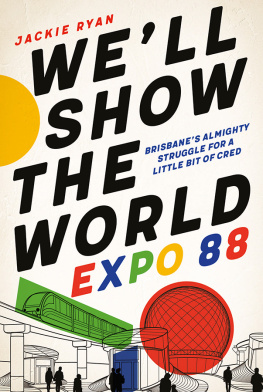
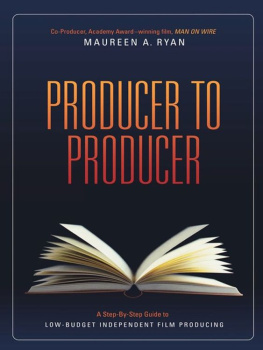
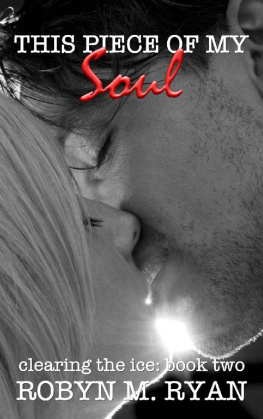
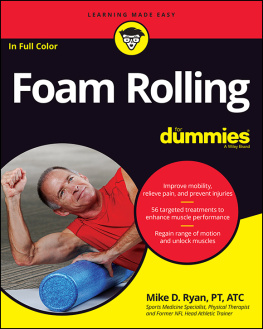
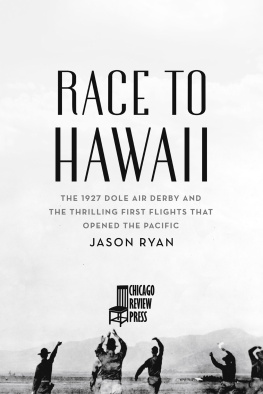
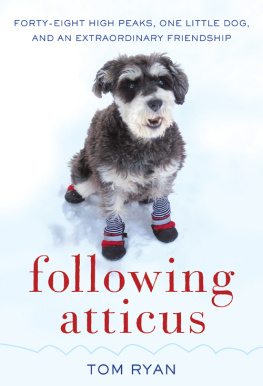
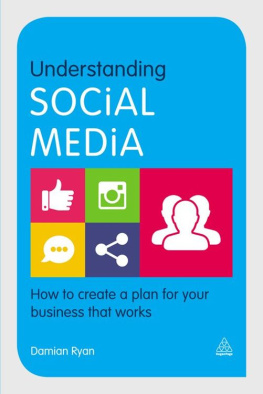
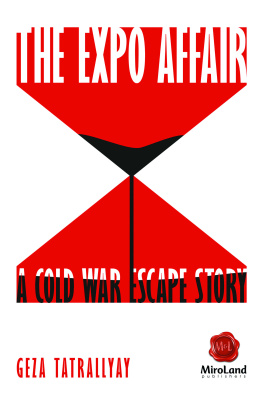

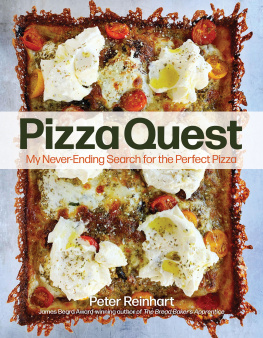
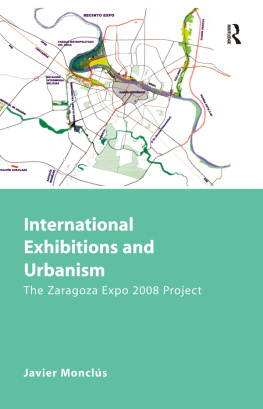
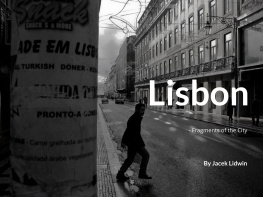
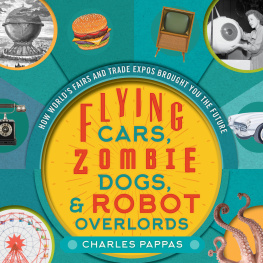
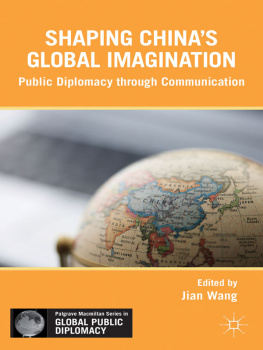
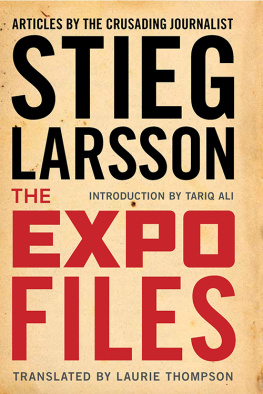
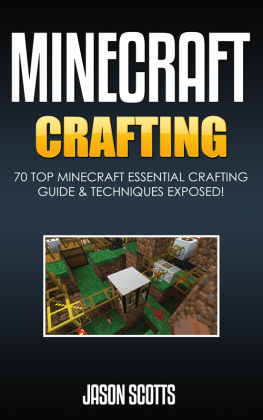
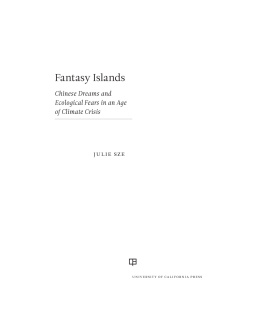

 Jackie Ryan holds a PhD in history and political science from The University of Queensland, where she was an Honorary Research Fellow. She wrote the didactic text for the Museum of Brisbanes Light Fantastic exhibition on Expo 88 in 2013, and has devised audiovisual material on Expo for the South Bank Corporation and the Queensland Museum. She produces the Aurealis Award-winning Burger Force comic series and founded comedy writing collective the Fanciful Fiction Auxiliary; the websites for both of these projects have been archived by the National Library of Australia as sites of cultural significance. Jackie is the programs manager at the Queensland Writers Centre. She still has her Expo season pass.
Jackie Ryan holds a PhD in history and political science from The University of Queensland, where she was an Honorary Research Fellow. She wrote the didactic text for the Museum of Brisbanes Light Fantastic exhibition on Expo 88 in 2013, and has devised audiovisual material on Expo for the South Bank Corporation and the Queensland Museum. She produces the Aurealis Award-winning Burger Force comic series and founded comedy writing collective the Fanciful Fiction Auxiliary; the websites for both of these projects have been archived by the National Library of Australia as sites of cultural significance. Jackie is the programs manager at the Queensland Writers Centre. She still has her Expo season pass.